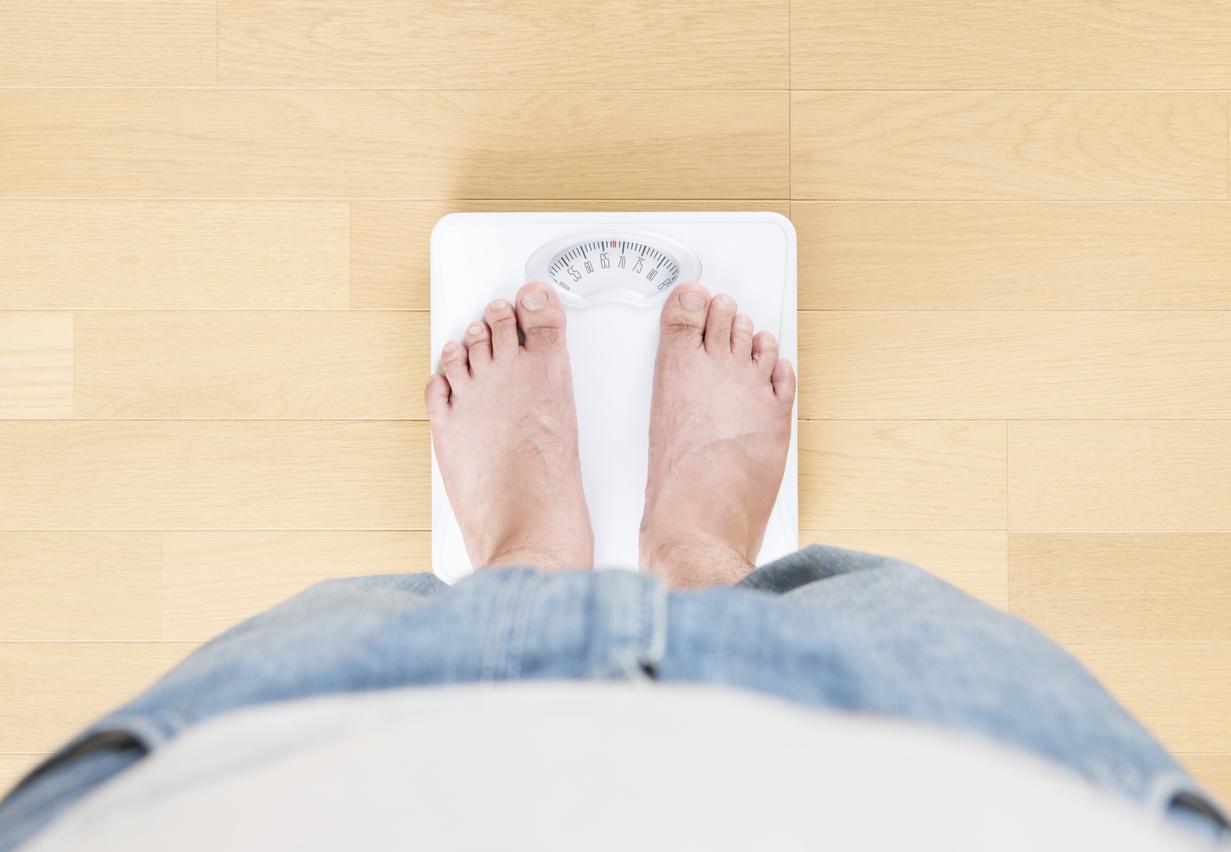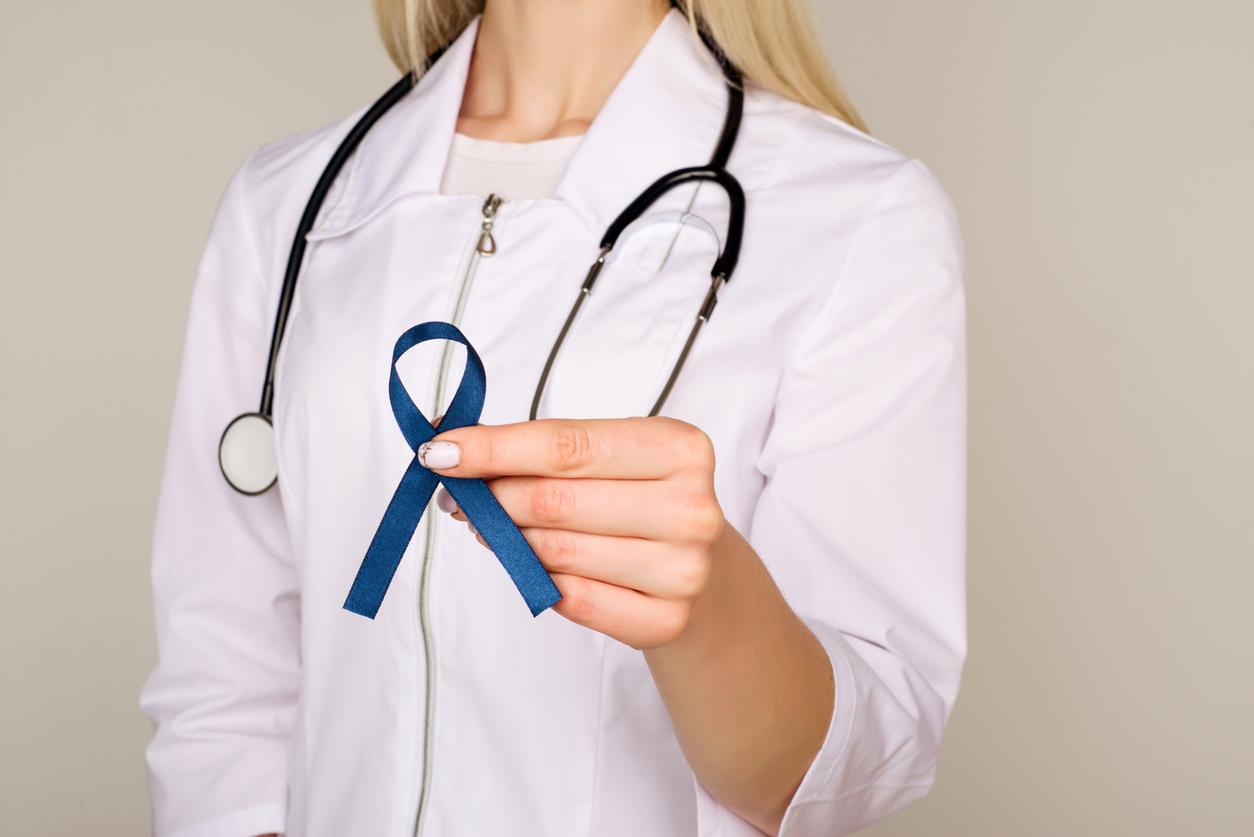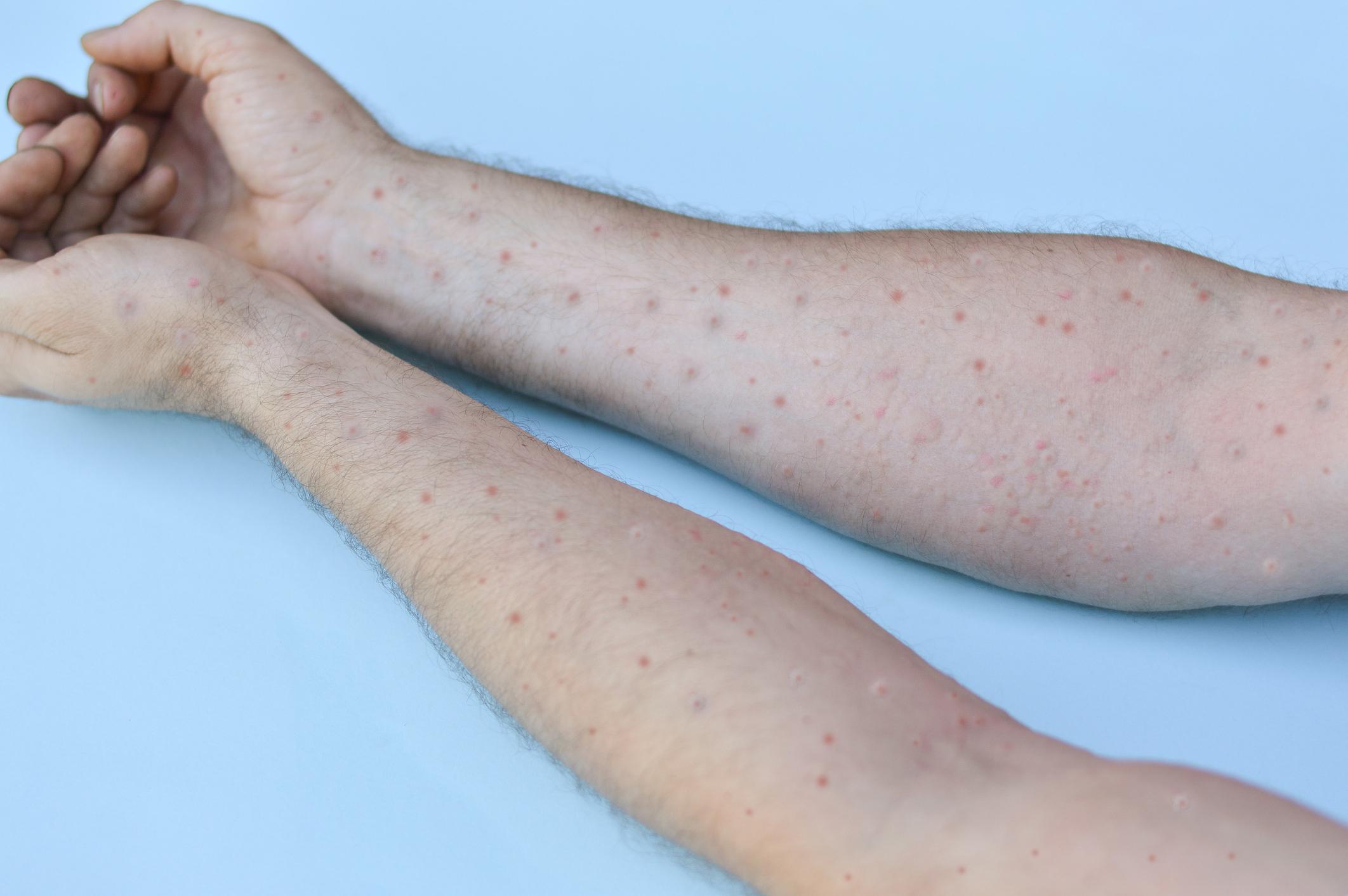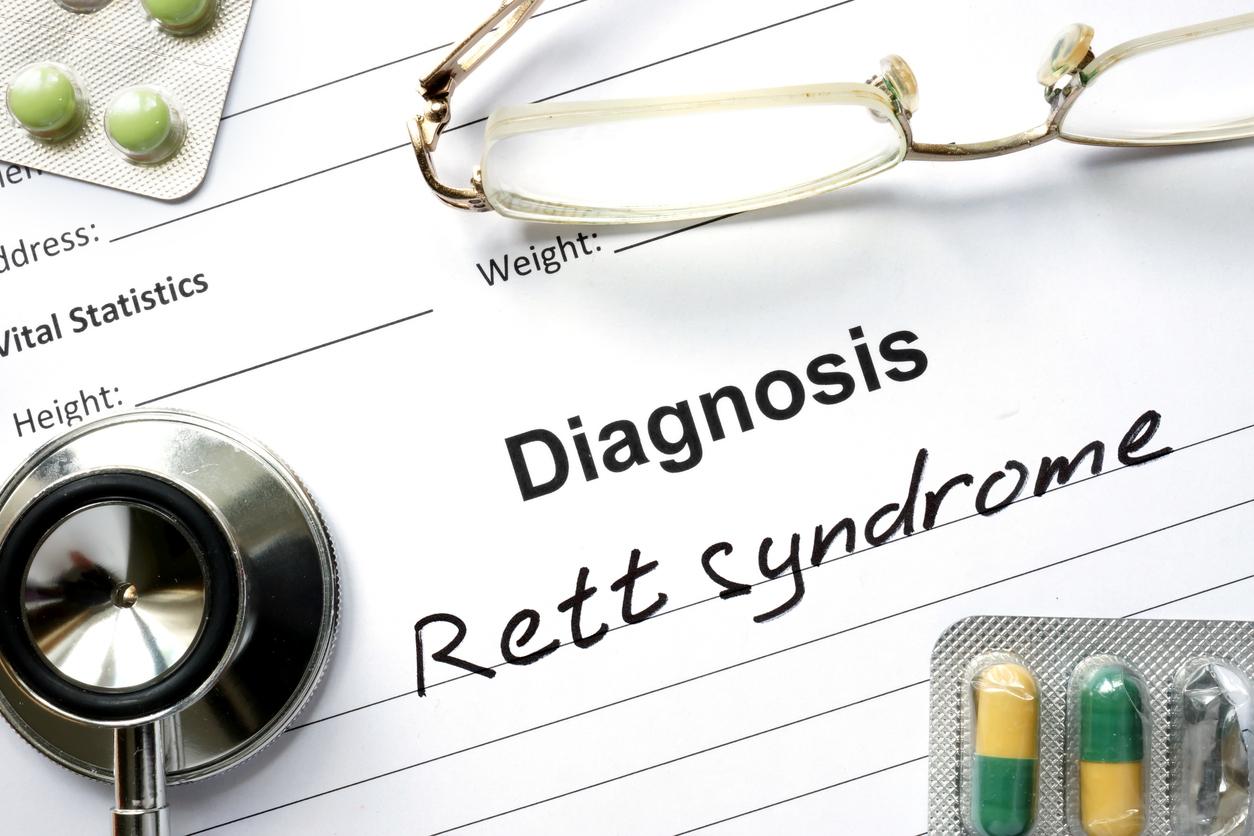Amid the global emergency, the WHO has advised men at risk of contracting monkeypox to reduce the number of their sexual partners “for the time being”.
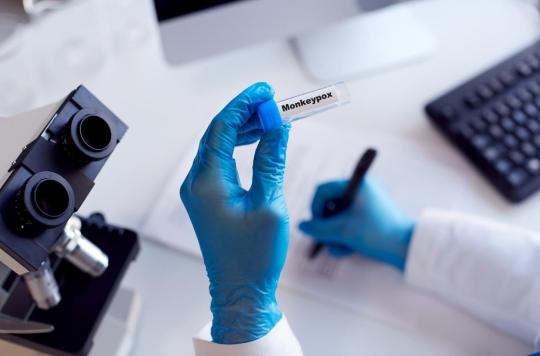
- Over 19,000 cases of monkeypox have been reported in over 75 countries.
- Europe is the epicenter of detected cases.
- On July 23, the WHO triggered its highest level of alert in an attempt to contain the disease.
While 98% of monkeypox cases detected since outbreaks began in May have been in gay, bisexual and other men who have sex with men, WHO Director-General Tedros Adhanom Ghebreyesus, called on those at risk to take steps to protect themselves.
“Safe Choices”
“It means making safe choices for yourself and for others, for men who have sex with men.“, said the director general of the health authority. “This includes, for now, reducing the number of sexual partnersAdditionally, infected people should self-isolate and avoid gatherings involving close physical contact and it is advisable to obtain contact details of any new sexual partners in case further follow-up is needed, he added. .
Prevention messages
These prevention messages come from “of the communities themselves”, said Andy Seale, WHO adviser on HIV, hepatitis and sexually transmitted infections. He also insists on the need to avoid any stigmatization of a specific community, which could lead its members to hide the disease, not seek treatment and continue to spread it. He added that it was probably just a “short-term message, because we hope the epidemic will be short-lived“.
Transmission during sex
Experts determined that the monkeypox outbreak was “clearly transmitted during sexual intercourse“, but Andy Seale added that they have not yet concluded whether or not it is a sexually transmitted infection. One of the main modes of exposure to this particular disease is direct contact, the close contact, skin-to-skin contact, maybe even face-to-face contact, exposure to droplets or virus that may be in the mouth.







